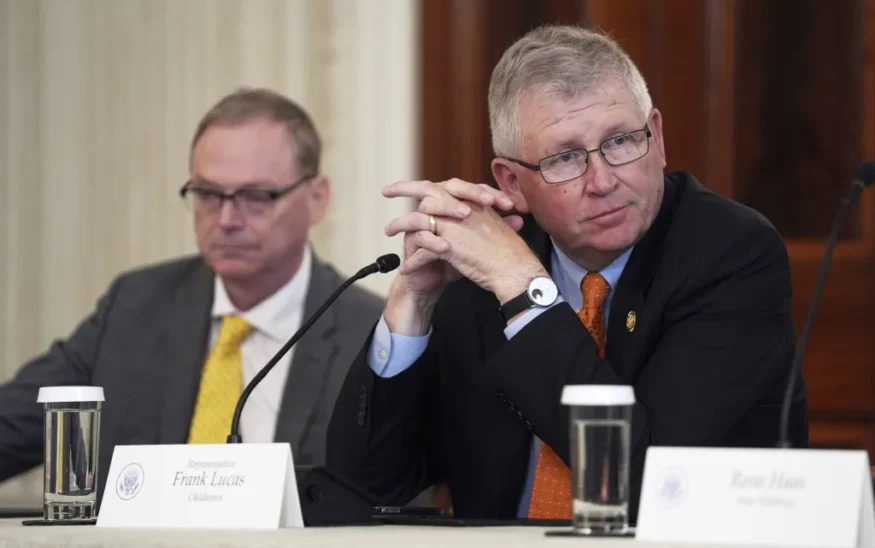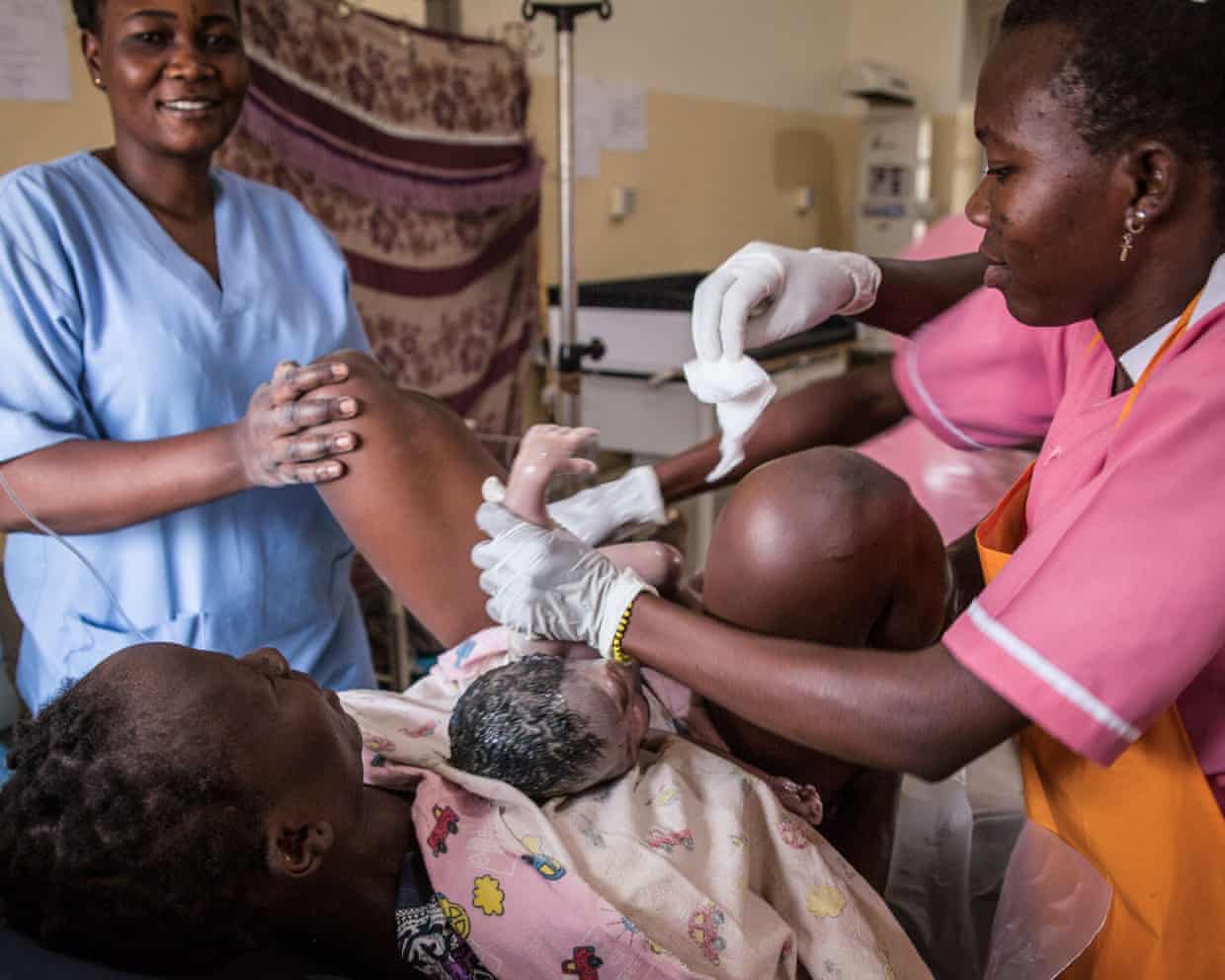
A Native American nation in Oklahoma is contesting a request by Representative Frank Lucas for $16.6 million to renovate the Oklahoma and Central Plains Agricultural Research Center (OCPARC). Tribal leaders argue that this funding request undermines their long-standing efforts to reclaim approximately 10,000 acres of land that has been under federal control for over 150 years.
The Cheyenne and Arapaho Tribes assert that the land, located near El Reno, is essential for their cultural and economic revitalization. Tribal officials view Lucas’s funding push as a potential obstacle to their land reclamation negotiations. According to Governor Reggie Wassana of the Cheyenne and Arapaho Tribes, Lucas has consistently avoided collaborating with them on a land deal, characterizing the proposed renovations as a tactic to delay progress.
“We’ve offered everything and tried to do everything and bend as much as we can, but nothing is ever good enough for him to say, ‘Yeah, let’s work the deal together, we can be partners,’” Wassana stated.
Lucas’s office did not respond to requests for comment regarding these claims. The proposed funding for OCPARC represents a significant increase from previous requests, which were around $1.3 million in 2023 and 2024. The renovations aim to enhance facilities that focus on improved plant genetics, sustainable beef production, and efficient water use, as outlined on Lucas’s official website.
This funding request occurs against a backdrop of broader funding cuts to research initiatives under the previous administration. “Repairs to these facilities will promote OCPARC into a world-class facility,” Lucas’s project description claims, asserting benefits for communities across the region.
Wassana has taken steps to engage with federal officials, including discussions with Interior Secretary Doug Burgum regarding the land transfer. The Biden administration indicated last year that it is committed to finding a long-term solution for the tribes, but current regulations in the farm bill complicate any potential transfer of ownership until the funding deadline at the end of September.
Wassana expressed frustration over the situation, suggesting that ongoing research efforts are more about control than serving public interests. “Keeping some type of research going, to me, it’s more of a control issue than it is doing what’s right for the general public,” he said.
His vision includes an agreement with the U.S. Department of Agriculture that allows the tribes to reclaim ownership while still facilitating research on the land. Wassana envisions future developments that could include cattle ranching, crop cultivation, and even entertainment or manufacturing projects.
Additionally, he has proposed collaborative research initiatives, such as studies on bison, which could create job opportunities for tribal members. “I just really feel that the best possible use and the best possible stewardship of the property, still hand in hand, would best fit the tribes and the local communities,” Wassana remarked.
As negotiations continue, the Cheyenne and Arapaho Tribes remain hopeful that they can reclaim their ancestral land while contributing to sustainable development in the region. The complexity of tribal-state relations and the impact of federal policies will play a significant role in determining the outcome of this ongoing dispute.







